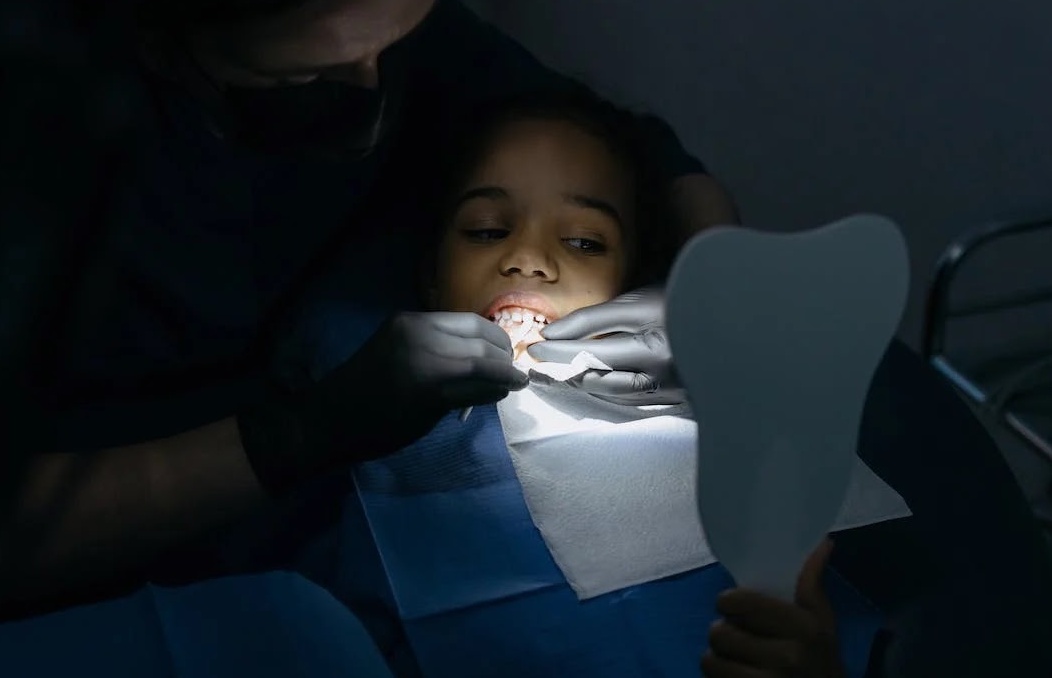Tooth decay is one of the most frequent dental issues among children. The good news is that tooth decay is now easier to prevent and treat than it has ever been, thanks to advances in dental hygiene and health care. If your child's tooth is infected due to tooth decay, it can be readily addressed with a less invasive dental procedure such as a pediatric dental filling.
However, if your child complains of severe tooth decay or symptoms of cavities, a skilled pediatric dentist may need to provide more complete treatment. Here is further information regarding child tooth decay and treatment alternatives.
What Does Serious Decay Signify for Your Child's Teeth?
Child tooth decay, also known as pediatric dental caries or childhood cavities, is a common oral health problem caused by bacteria in the mouth producing acids that erode the enamel and dentin of a child's teeth. This decay can produce cavities or holes in the teeth, resulting in pain, infection, and, in severe cases, tooth loss. Kid tooth decay can cause various oral health issues, including gum disease, abscesses, and trouble eating and speaking if not treated.
What Causes Childhood Tooth Decay?
To summarize, the following are the three main reasons for infant tooth decay:
- Poor dental hygiene;
- A diet rich in sugars and carbs;
- Genetics.
Tooth decay is not age-related. It is a dental condition that affects both children under the age of two and adults. When your child consumes an overabundance of sweet and starchy foods, the bacteria in their mouth transform the collected food particles into acids. Plaque, which clings to the teeth, is formed when bacteria, food, acid, and saliva combine. As time passes, the acids the bacteria produce eat away at the tooth enamel, causing cavities. In severe situations, the infection can destroy considerable quantities of tooth structure and reach the nerves and tissues in the pulp chamber.
Prevention and Treatment Options for Childhood Tooth Decay
Child tooth decay is avoidable, but it takes a combination of proper oral hygiene, a nutritious diet, and regular dental checkups. Parents and caregivers play an essential role in preventing and controlling child tooth decay by ensuring that children wash their teeth twice daily, restrict sugary snacks and drinks, and schedule frequent dental cleanings and check-ups.
When dealing with tooth decay, selecting the appropriate treatment approach is critical.
To treat early stages of tooth decay, a pediatric dentist may use fluoride to strengthen and remineralize the tooth, potentially reversing cavities. This treatment is only helpful for minor cavities and is unsuccessful if the tooth has other indicators of decay, such as brown or white patches and poor breath.
A pediatric dentist may recommend dental fillings or crowns for advanced tooth decay if fluoride treatment is no longer helpful. A pediatric dental filling treatment involves cleaning the decaying part and filling it with a tooth-colored composite resin or an amalgam filling made of silver, mercury, or other materials. A dental crown will cover the filling and restore the tooth's functionality.
Treatment for Extremely Advanced Tooth Decay
In severe cases of tooth decay, the infection spreads to the tooth's center, resulting in inflammation, swelling, and discomfort. In such extreme cases of tooth decay, a root canal is the only and most dependable dental treatment option. A dentist removes the infected nerve and pulp and then fills and seals the cavity. However, if the tooth is severely damaged and cannot be salvaged, your dentist may take it and replace it with a denture, bridge, or implant.


Comments (1)